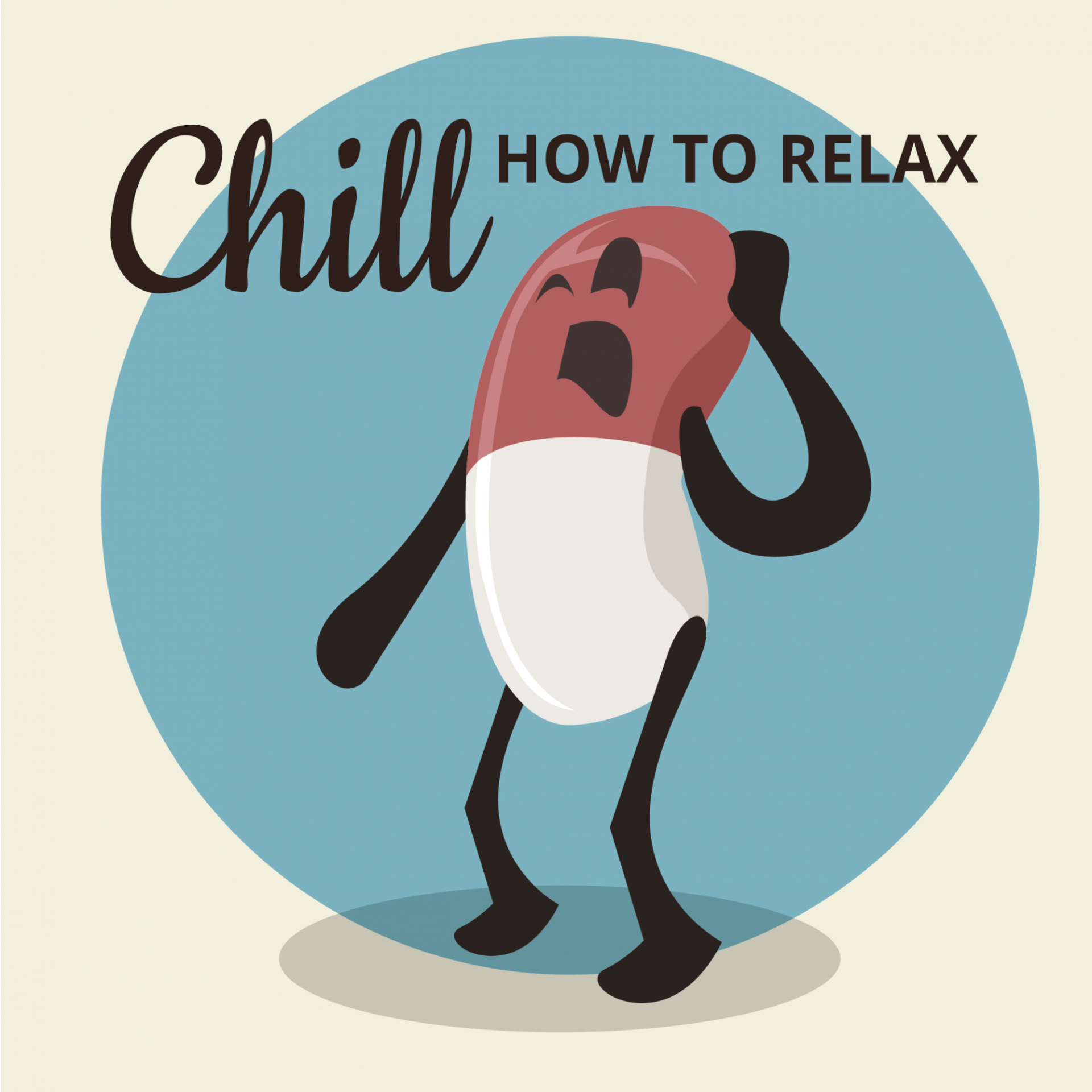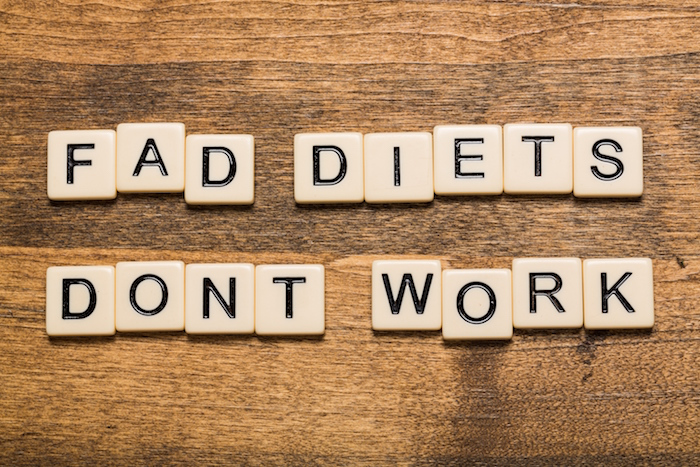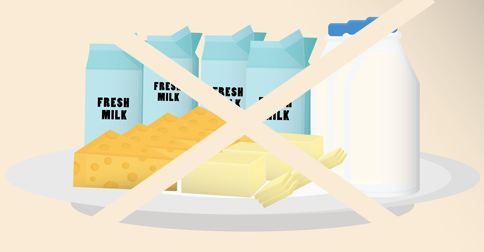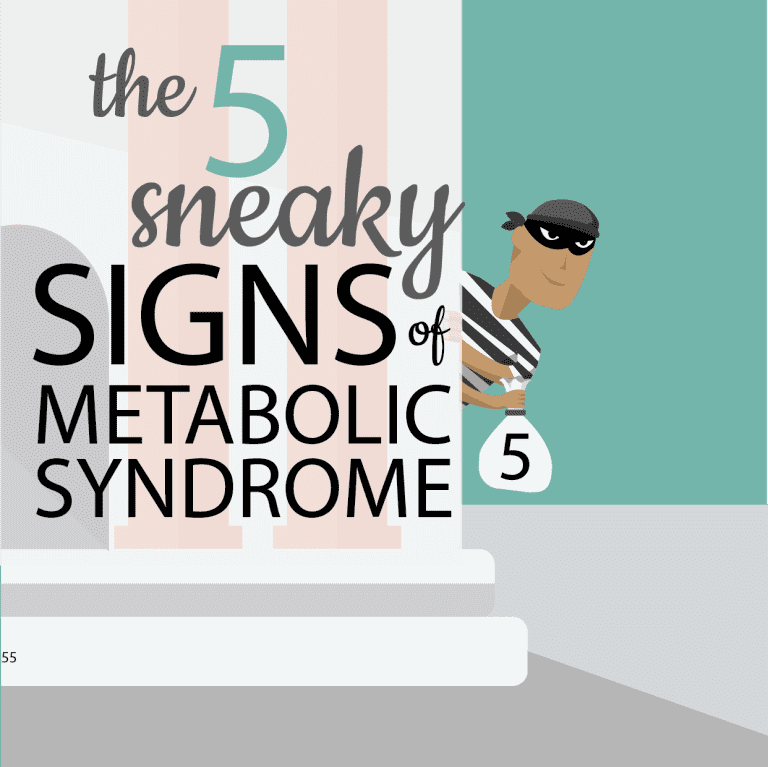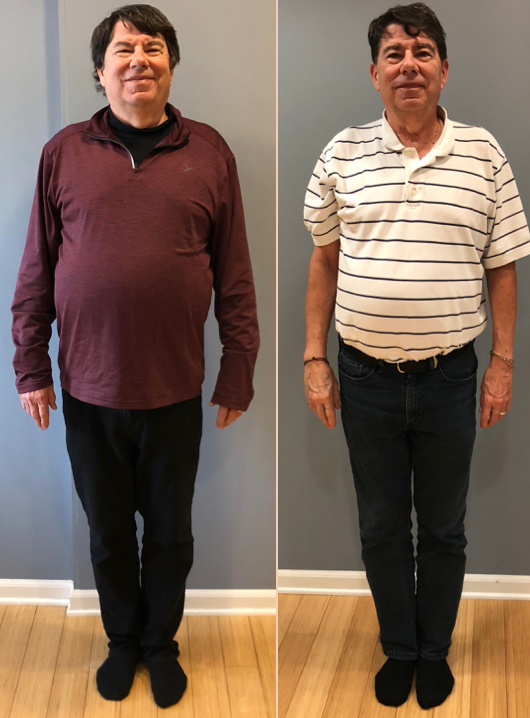Chill: How to Relax
By Michael Dangovian
August 26, 2016
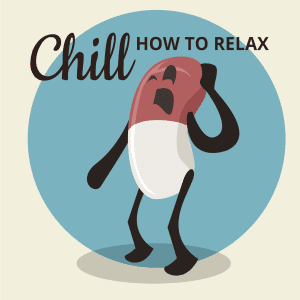
I don’t have to tell you that as a country we are “stressed out.” You hear it all the time. Whether we’re worried about the political climate, aging, our jobs, all the uncertainties related to our families… the list is infinite.
The US is, by some accounts, the most stressed-out culture in the history of the world. In a report last year from the American Psychological Association, over seventy percent of Americans who responded stated that they regularly feel both physical and psychological effects due to stress.
So, most of us are feeling it.
Stress, of course, isn’t a bad thing. Not at all. Stress itself is just a word for resistance. And if you’ve ever lifted weights, ridden bike, or tried to learn a foreign language, you know that no growth happens without resistance. Our response to stress is a natural reaction to stimuli that, at its most basic level, forces our bodies to be alert and able to move away from life threatening situations.
What we’re really talking about when we talk about being “stressed out” is the feeling of being overwhelmed.
However you refer to it, stress reduction has become big business in America.
For example, here’s one “solution” called the Ostrich Pillow:

The “Relaxation Beverage” Industry has also been gaining momentum over the last few years. Brands like Slow Cow and Just Chill offer cans of fruit liquid infused with ostensibly natural ingredients purported to offer a calming effect.
The problem with this approach—looking like a dork while napping in public, consuming what amounts to pop with a few extra suspect ingredients, or dropping thousands of dollars on this— is that none of these “solutions” really addresses the root core of what’s causing us to feel overwhelmed.
All of these things really only address the symptoms.
To beat feeling overwhelmed—and all the long term problems associated with chronic stress—you have to learn how to relax.
Here are four ways to do just that:
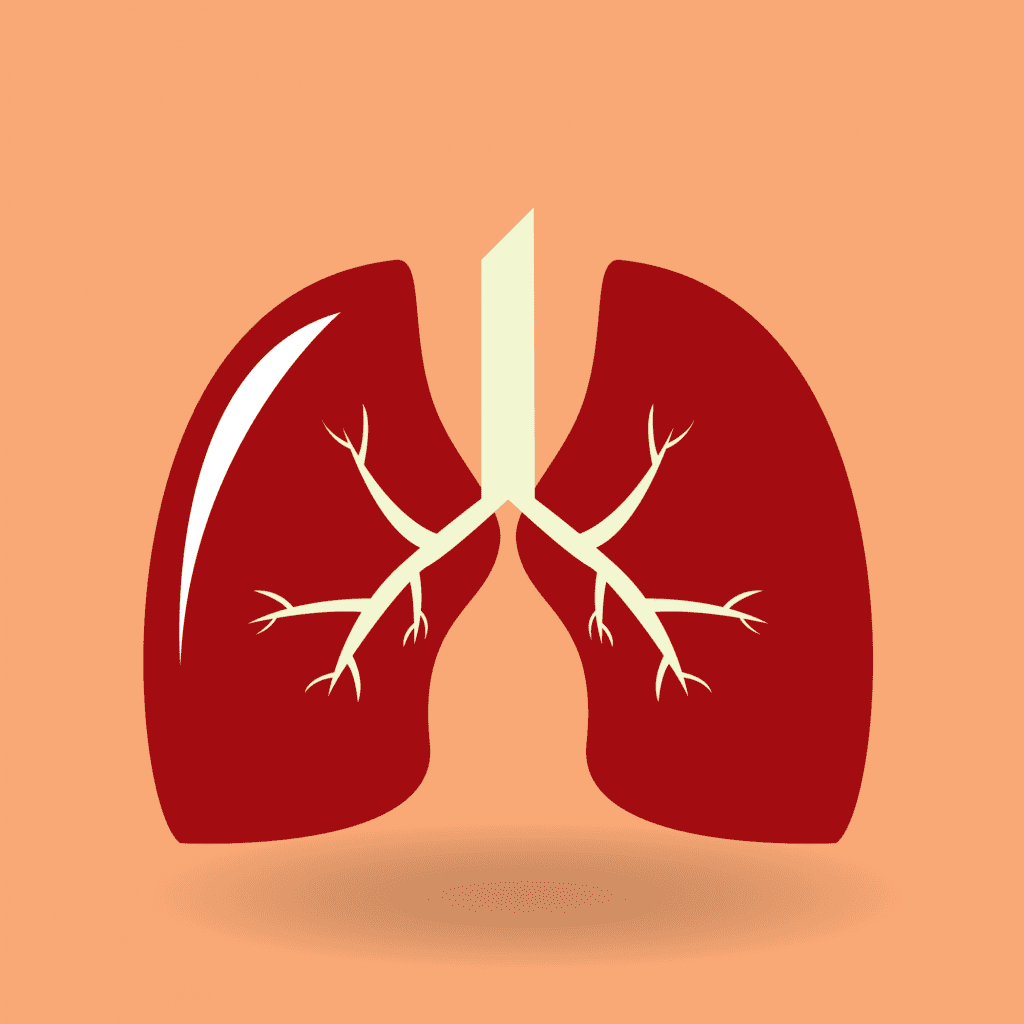
1. Breathe
Learning how to breathe is one of the most important things you can do for yourself. Breathing seems like it should be sort of a given… you wouldn’t be here if you didn’t know how to breathe, after all. But breathing the right way is something that most of us haven’t ever been taught.
All health begins with the breath. So learning how to breathe is vital.
If you want to learn how to breathe the right way, click here to download our ebook The 7 Habits of Highly Healthful People; the first chapter has a step by step guide to forming a habit of proper breathing.
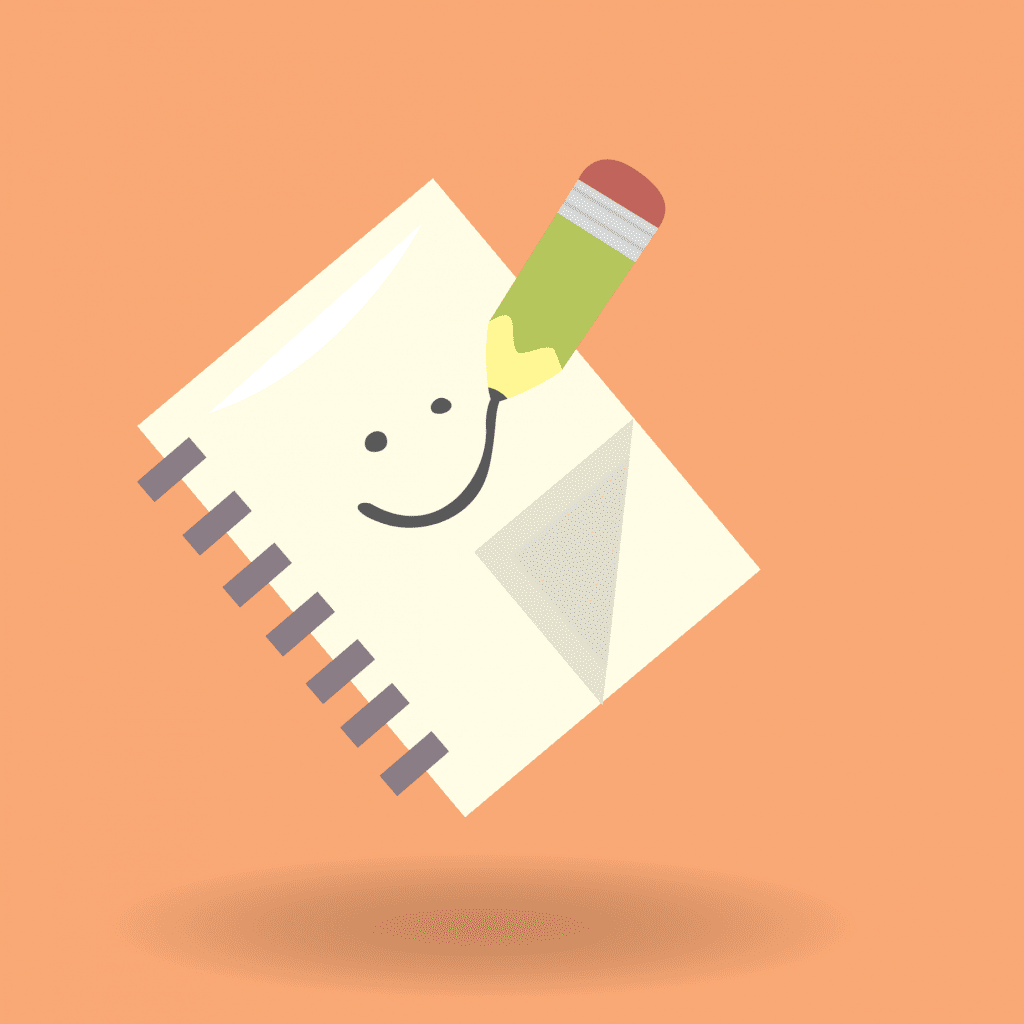
2. Quit Being So Judgey
Things that happen are simply things that happen. They are facts. They exist in reality for only a moment, and then they are gone.
Where we begin to start feeling overwhelmed is when we allow those things to affect our minds, our emotions. Our negative reaction to certain things is just that: A reaction. How we feel about something is what causes us to feel overwhelmed. The thing itself is just a thing. To be free of that feeling of being overwhelmed requires that we understand this.
This approach to our thoughts as valueless is one of the goals of meditation. Instead of closing your eyes and just zoning out, meditation is active in creating separation between your thoughts, understanding that each thought is just that: One thought.
You are then able to hold that thought, examine it, observe it from any distance, and then allow that thought to disappear.
Getting to the point at which you can get into a comfortable position and just observe all the things that are causing you feel overwhelmed—and then just let those things drift off—will get you into a relaxed state.
So much of what overwhelms us is our habit of letting our thoughts take over and begin running the show. We should instead understand that even bad events aren’t permanent. It’s fine to feel bad about something—guilt, a loss, physical pain—but we can also let those things go and find the next thing that is, inevitably, coming to us.
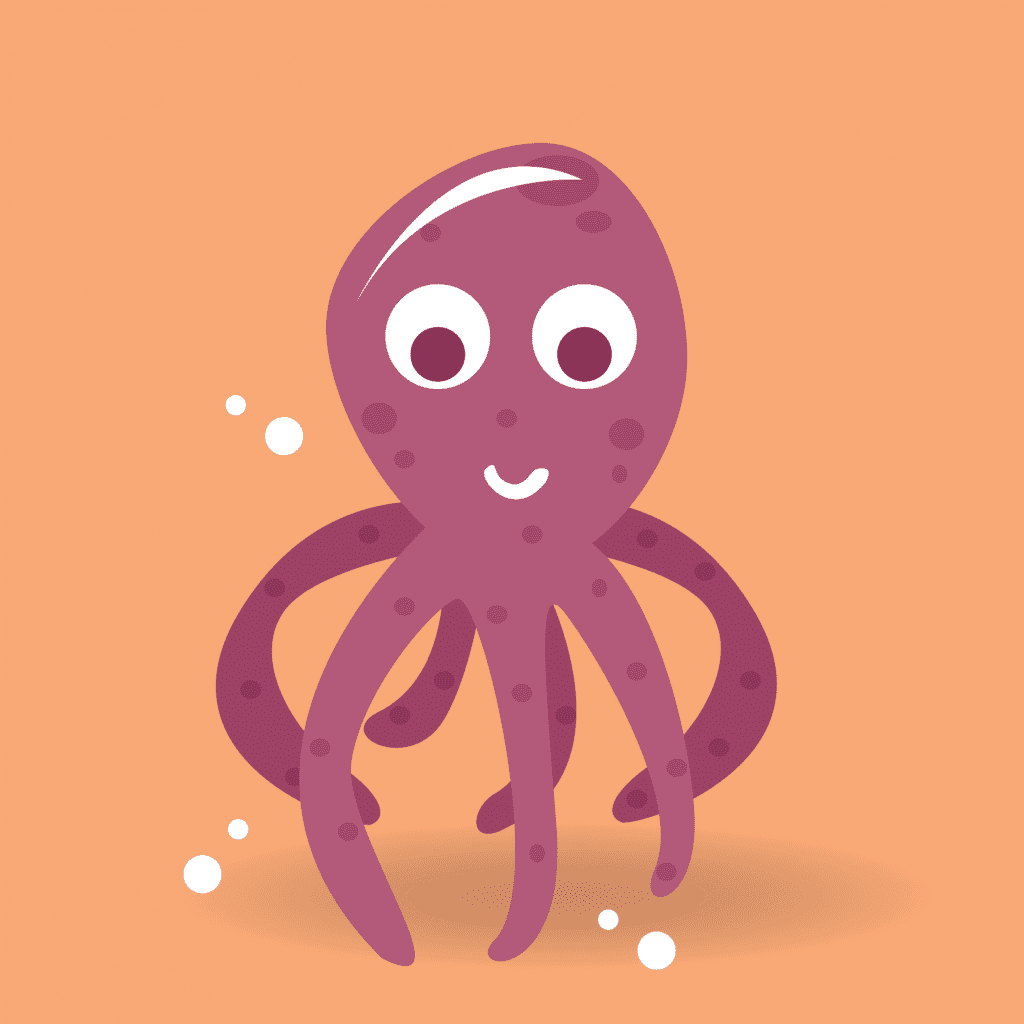
3. Feel the Magic
The world is amazing. It really is. Life is amazing.
I walked out of my office yesterday and was stunned—and awed, really—to see that although the sun was out and bright, rain was falling all around me. It looked like there was rippling wall of glass where the light shone through the streams of water.
It was incredible. But at the same time, I very well could’ve missed it. I could’ve half-noticed it and continued on going to wherever i was going, thinking about whatever else I had on the agenda that day.
Instead, I chose to stop. To observe.To wonder. To experience.
Our lives often get in the way of our life.
One of the best ways to keep from feeling overwhelmed is to just form a habit of experiencing life for what it is. Take a moment just to appreciate the sheer complexity of the world. Think about all the systems that have to work in concert to keep your heart beating, or the rain falling, or the fact that we’ve put people on the moon but can’t, with any real certainty, figure out why light is both particles and waves.
Life is glorious. And we’re at our best when we are experiencing it directly.
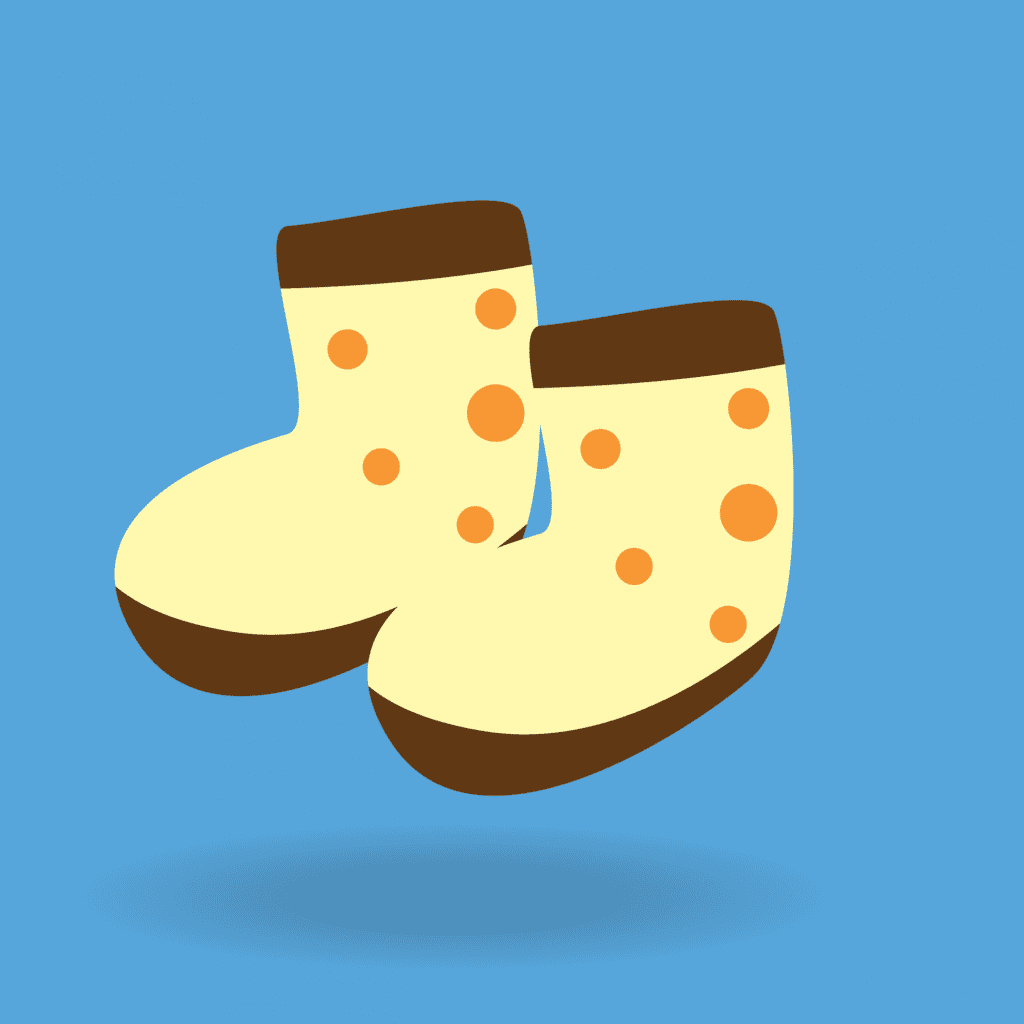
4. Find Your First Step
There are a lot of places to start when you want to relax. You can take a walk, go for a bike ride, sit in a quiet room with your eyes closed, slice vegetables, talk to a close friend, go for a swim… the possibilities are endless.
But the thing you need to figure out is what works for you. You need to find your first step towards relaxation.
I’ve had a number of Wellness Training Institute members and cardiovascular patients over the decades who’ve told me that trying to breathe deeply when they’re completely overwhelmed just doesn’t work. They are essentially so upset that they have to, say, go for a walk.
It’s important to know how you work. And begin forming good habits around the way you’re built.

How Not to Relax
If I haven’t made this clear yet, I’ll state it outright: Relaxation is an active process. It takes work.
Vegging out on the couch binge-watching hours of Netflix isn’t relaxation. Instead, it’s a passive search for distraction.
Distractions are everywhere these days. We are bombarded. Getting away from all of that is vitally important to building a habit of relaxation.
There’s nothing wrong with Netflix, of course. But in dealing with the feeling of being overwhelmed, running toward distraction—instead of away from it—isn’t going to solve your issues. It only delays them.
So, figure out what works for you in dealing with stress, make it a habit, sit back, and start enjoying life.
Eventually you’ll get to the point where you realize that you don’t need anything external to allow you to feel peace. You have all the tools inside you.
All you have to do is take a deep breath and look for them.
Keep chill and carry on!

